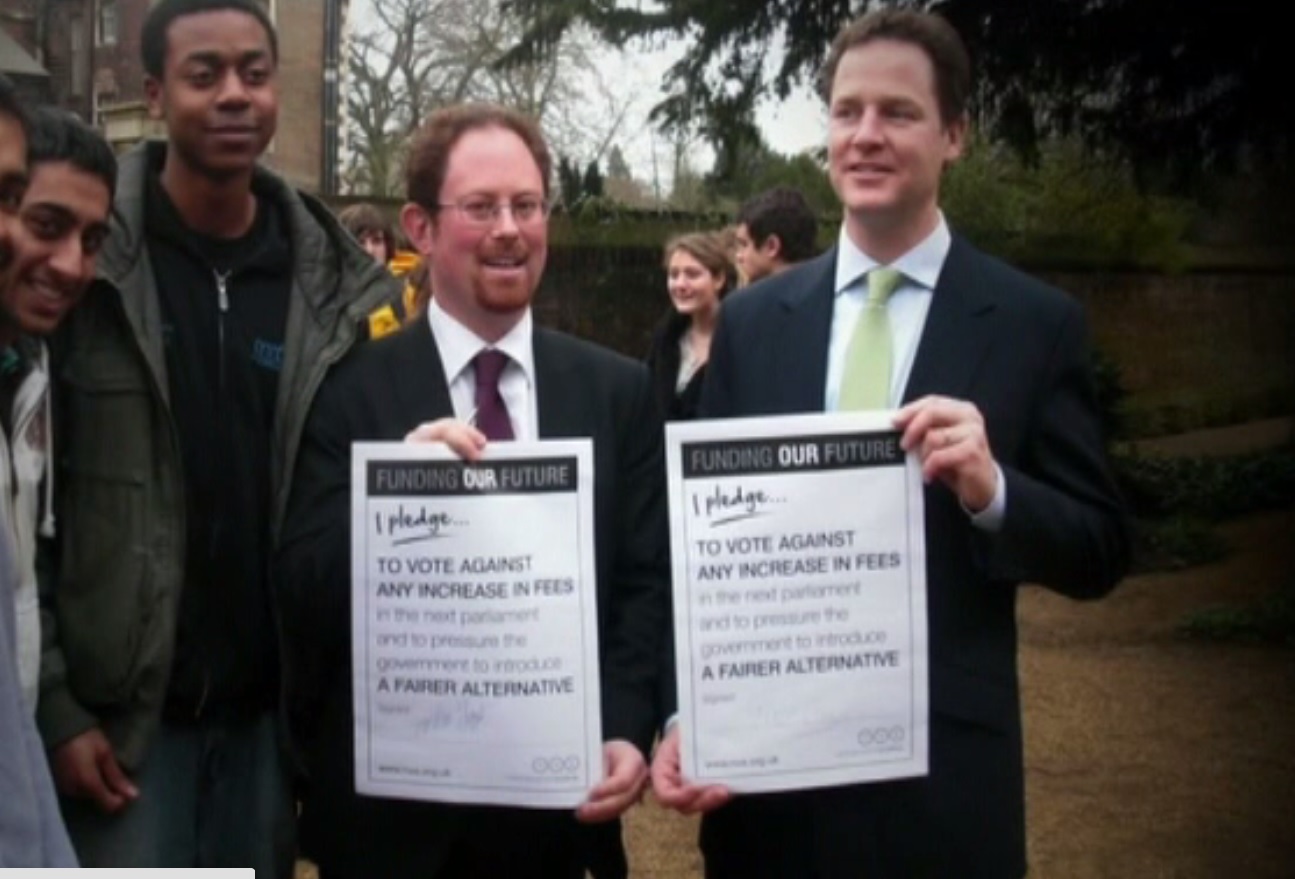Election Reaction: Electoral Reform is the Barest Minimum – We Need a Democratic Overhaul
by Nick Carpenter
11 May 2015

When the public votes a ‘party’ into ‘power’, what is happening? We are taught that we are giving over a mandate to be ruled. This is supposedly democratic because you get to pick a ruler every five years who will make decisions on your behalf. Then, if you don’t like what they do, you’re welcome to kick them out again five years later.
Of course it feels unfair that this time around the electoral system returned such a clearly skewed result. Of course it could be more representative. Still, a different electoral system seems a very limited demand when it’s really the façade that calls itself democracy which is the problem. Surely the problem is that once a party is in, it can do what it likes?
Remember when Jeremy Hunt was found to be illegally closing A&Es, after the Tories promised they’d never do that? Remember when the people of Lewisham rose up, in a true showing of democracy, and stopped him? Remember when he replied that he would change the law so that no-one could stop him again? What, precisely, was democratic about that process?
Who wanted restructuring of the NHS again? Not the public – even the ones who voted for the Conservatives. Who wanted the selling off of the Post Office? Just because we wanted some of the things that a party offers, why should we therefore have to accept that they get to do what they want once they’re in power? Why did we have to accept the expenses scandal – and why aren’t they all in jail? Why were the Lib Dems not sacked the moment they reneged on their tuition fees promise? Why were the Conservatives not sacked the moment they reneged on the ‘contract’ they offered?
The problem is the packaging together of all of the policies in the form of the ‘party’. Those of us on the left who remember the Iraq war, the introduction of tuition fees, the Private Finance Initiatives, the introduction of the internal market into the NHS and so on felt more than a little sour when we were told that voting Labour was necessary to keep the Tories out. (And I’m certain there was more than one person who felt a touch of schadenfreude when Labour failed to get back in, no matter how dire the consequences.) Labour activists replied in turn that Labour had brought in the minimum wage, brought peace in Ireland, and expanded university access, among other things. The question is not who is more correct, or whether the Labour party is ‘good’ on some imaginary moral scale when all is accounted for, but why it is that because we wanted some of these things, we had to accept the rest of them.
We’ve been sold the lie that this is a democracy. We vote for parties whose leader has a five year reign, who appoints a cabinet at their discretion, who gets advice and money from whoever they want, and then they get to do whatever they want for the next five years, regardless of whether they said they would or not, unless the MPs themselves rebel.
The following should be a minimum programme of extra-parliamentary democratic action:
- We need a law that prevents MPs lying to parliament or the public.
- We need a law that allows us to recall politicians.
- We need a law that makes donations and lobbying transparent.
- We need a law that says that breaking an election promises requires a referendum for approval from the public.
None of these things are going to be put on the table by our system of semi-elected kings. We are not going to see these things enacted unless we push for them outside through protest, petition, and enormous grassroots campaigning. Once we have this, we should see it as a first step towards a system of truer, more directly democratic politics.
If you think all of this sounds bizarre or utopian, have you seen how it works right now?